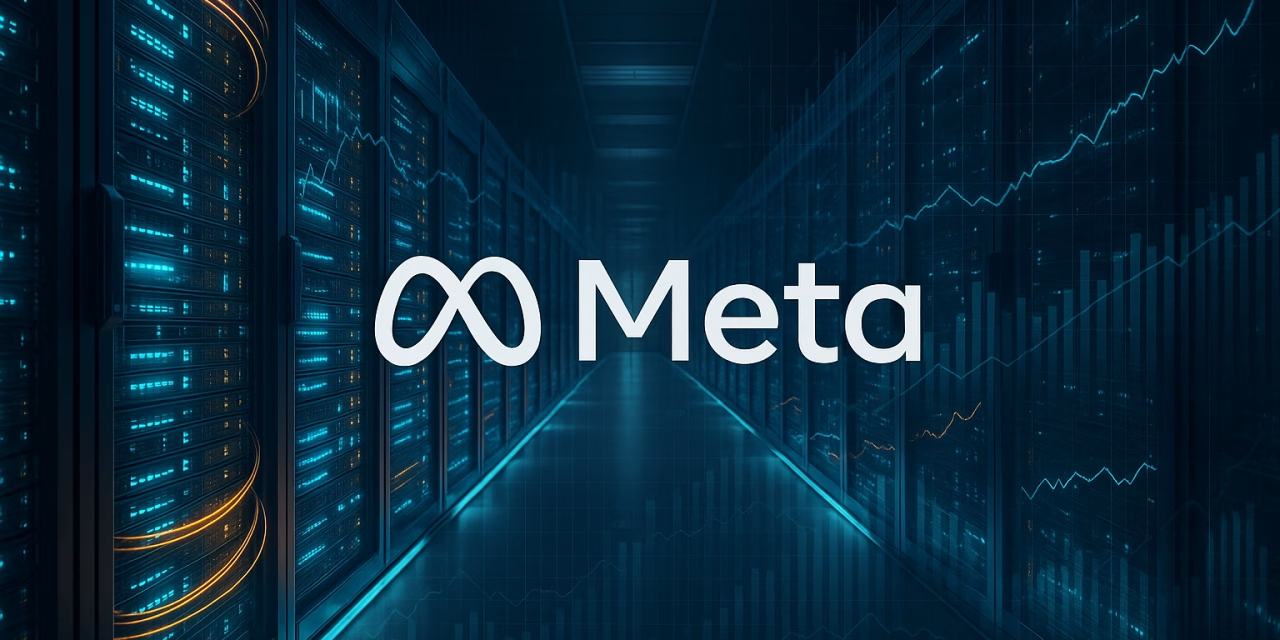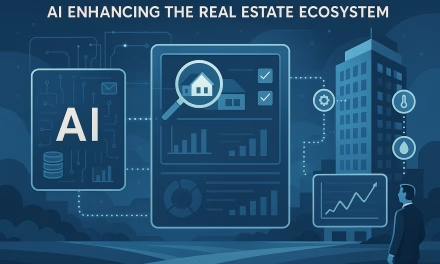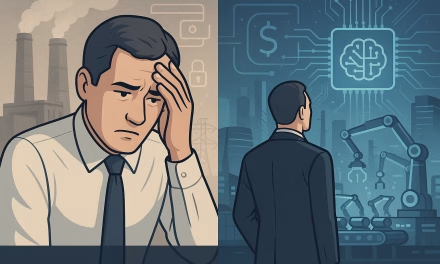June 28, 2025, underscores a significant trend in the Artificial Intelligence landscape: an escalating infrastructure boom driven by massive investments, coupled with growing scrutiny and research into AI’s economic and job market impact. The day’s news highlights the dual narrative of aggressive expansion and thoughtful consideration of societal consequences.
Meta Platforms is reportedly seeking to raise a staggering $29 billion from private capital firms to fund the construction of its U.S. artificial intelligence data centers. This monumental investment, structured as a mix of equity and debt, reflects Meta’s strategic imperative to expand its AI infrastructure and compete effectively in the global AI race. This move is indicative of a broader industry trend where companies are pouring billions into building the foundational hardware necessary to power advanced AI models.
Simultaneously, AI startups continue to attract significant capital, with former OpenAI CTO Mira Murati’s new venture, Thinking Machines Lab, securing a massive $2 billion funding round at a $10 billion valuation. These investments are fueling the development of advanced “agentic AI” systems for autonomous reasoning and decision-making, further driving the demand for robust AI infrastructure.
However, the rapid advancement and deployment of AI are also prompting critical discussions about their societal implications. Anthropic, a leading AI company, launched its Economic Futures Program to research AI’s impact on jobs and the global economy. This initiative, offering grants and planning symposia, aims to create evidence-based policy proposals to address potential widespread job disruption. The industry is also clarifying executive compensation figures, emphasizing that high numbers represent multi-year total compensation for very senior roles, rather than immediate signing bonuses.
The developments on June 28, 2025, collectively illustrate that AI is transitioning from an experimental technology to essential business infrastructure. This transition brings with it not only immense opportunities for innovation and efficiency but also a pressing need for responsible development and a clear understanding of its long-term economic and social effects. The balance between aggressive investment and thoughtful societal impact will define the next phase of the AI revolution.





